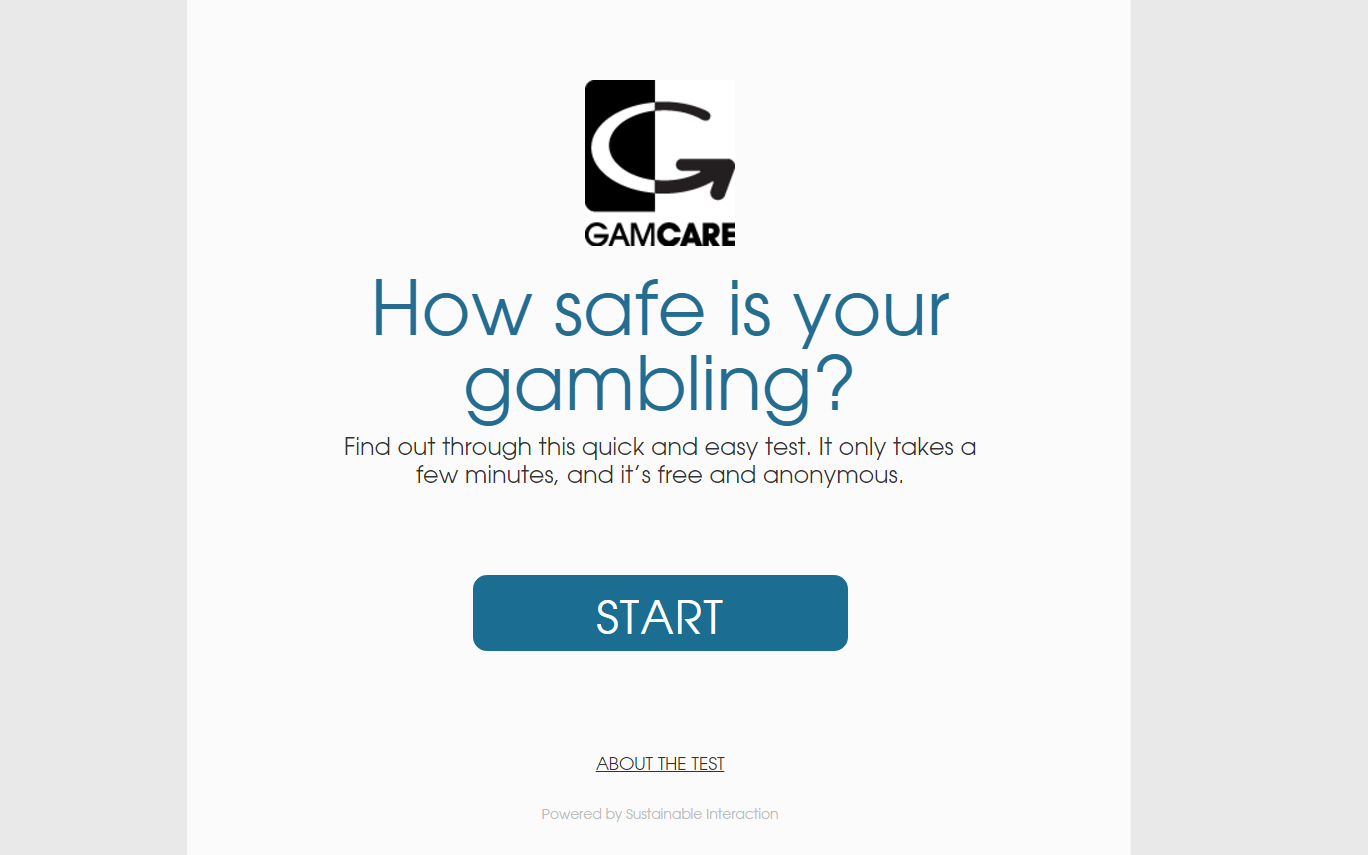Recent increases in gambling at online sites have made gambling more available, which may contribute to an increase in gambling problems. At the same time, online gambling provides opportunities to introduce measures intended to prevent problem gambling. GamTest is an online test of gambling behavior that provides information that can be used for giving players individualized feedback and recommendations for action. The aim of our new study (see reference below) was to explore the dimensionality of GamTest and validate it against the Problem Gambling Severity Index (PGSI) and the gambler’s own perceived problems. A recent psychometric approach, exploratory structural equation modeling (ESEM) is used. Well-defined constructs are identified in a two-step procedure fitting a traditional exploratory factor analysis model (EFA) as well as a so-called bifactor model. Using data collected at four Nordic gambling sites in the autumn of 2009 (n=10402), the GamTest ESEM analyses indicate high correspondence with the players’ own understanding of their problems and with the PGSI, a validated measure of problem gambling. We conclude that GamTest with high reliability captures five dimensions of problematic gambling, overconsumption of money and time, and monetary, social and emotional negative consequences, and that the bifactor approach, composed of a general factor and specific residual factors, reproduces all these factors except one, the negative consequences emotional factor, which contributes to the dominant part of the general factor. The results underscore the importance of tailoring feedback and support to online gamblers with a particular focus on how to handle emotions in relation to their gambling behavior.
[lightbox link=”http://www.carlbring.se/wp/wp-content/uploads/2017/02/GamTest2.png” thumb=”http://www.carlbring.se/wp/wp-content/uploads/2017/02/GamTest2-1024×640.png” width=”1024″ align=”right” title=”” frame=”true” icon=”image” caption=””]
Read the full paper (open access):
Jonsson, J., Munck, I., Volberg, R., & Carlbring, P. (2017). GamTest: Psychometric Evaluation and the Role of Emotions in an Online Self-Test for Gambling Behavior. Journal of Gambling Studies, 33(2), 505-523. doi:10.1007/s10899-017-9676-4
